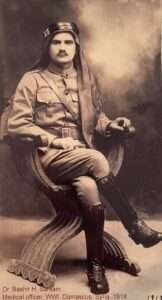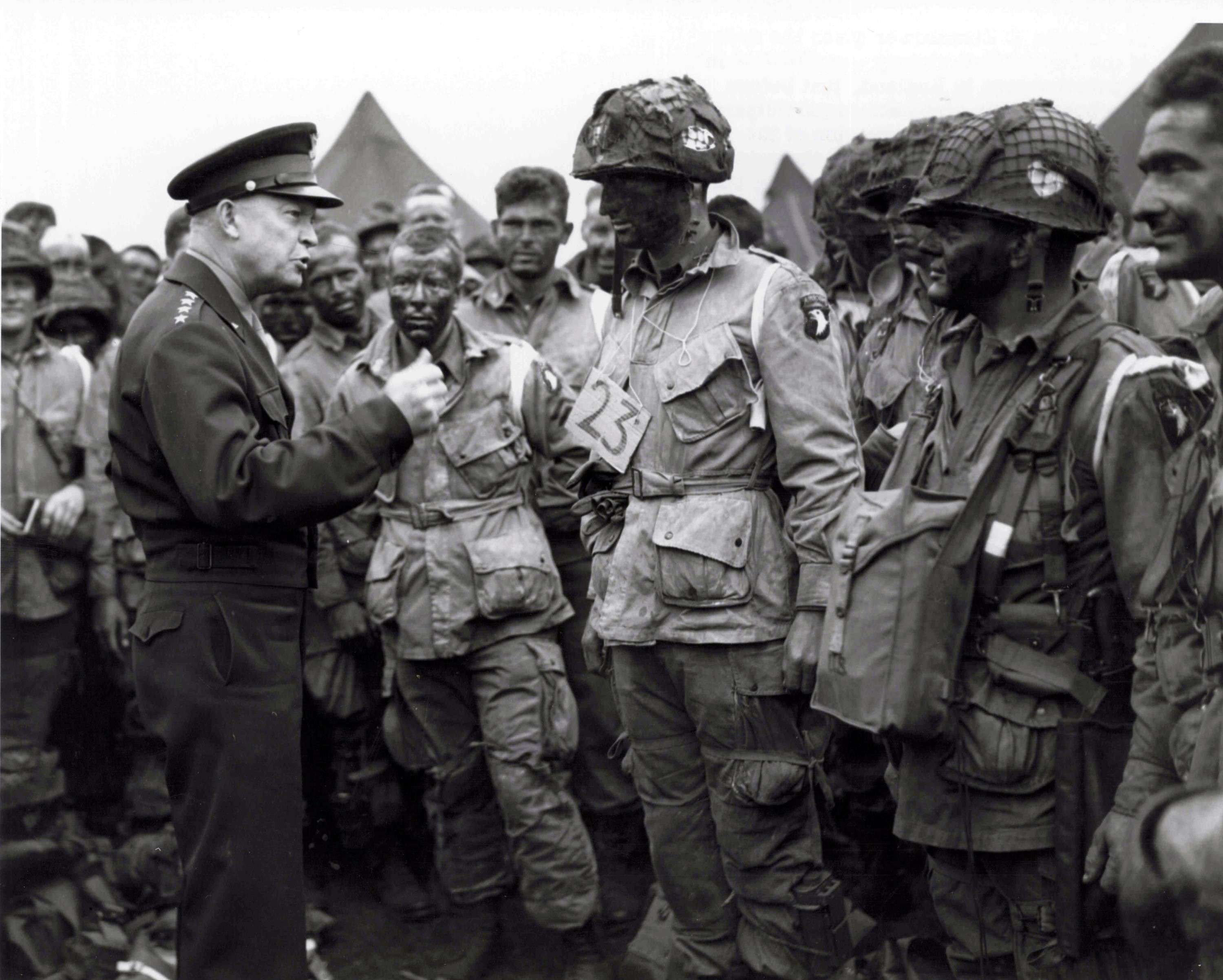Time has been a recurring theme on this blog. This week, we find ourselves in another transitional interval, whether we recognize it or not. I contend, we must.
Eighty years ago, as global warfare raged and an estimated 50-60 million soldiers and civilians had already died, Allied forces landed on the beaches of Normandy, France. The date was June 6, 1944.
I wasn’t there, and I doubt anyone reading this blog post was either. At the 80-year mark, that’s the reality. As the remaining members of that generation pass from among us, what happens now? How do we remember D-Day and other consequential moments of the past that continue shaping our world today?
Then as now, I believe life will find its purpose.
With immense gratitude, I find myself thanking the generations that preceded mine — specifically, for those who served on June 6, 1944 — for stepping off the landing boats and rising to meet the seemingly insurmountable challenges of their day.
Their purpose, as I see it, becomes our imperative. The individual sacrifices become our shared responsibility. Through their written accounts, preserved images and recorded memories, we can bring home the past and keep alive a relevance in the present, making the connections we maintain vital and personal.
Case in point — the photo above. That’s General Eisenhower, commander of Allied forces on D-Day, talking to U.S. paratroopers, the evening before they jumped into France at dawn as part of the first assault.
The soldier Eisenhower is talking to is 1st Lt. Wallace Strobel, born in Michigan and member of the Michigan National Guard, which was mobilized into active-duty status in 1940. His military service as a citizen-soldier ultimately led him to Europe, where he and his unit met Eisenhower on June 5. After the war, he returned to Saginaw, Mich., just a few hours from where I live and work today.
Until quite recently, I never knew any of this. But that’s history for you. It can get personal in a hurry. All it took to connect across time and space was a quick online search.
There are opportunities for original research too, starting with our family members. One of my grandfathers, pictured below — Dr. Bashir H. Sarsam, born in northern Iraq in the late 19th century — was a doctor and served as a medical officer in World War I. A great-aunt, great-uncle or perhaps a distant cousin might know a part of his story that would be lost forever if I never ask even the first question.

Asking, reading, listening, learning — there’s not really a secret ingredient to any of that. It just takes curiosity, coupled with persistence. Are we up for that? Is that too much to ask?
Author Tom Brokaw popularized the term Greatest Generation. How will future generations describe ours?
My hope — since “greatest” has already been taken — is that “curious” and “appreciative” could be starting points for an assessment of our attitudes and capabilities. From there, recognizing that we are, in fact, blessed with easier, more powerful ways of learning and connecting, the future could refer to us as honor-bound or purpose-centered in recognition of the fact that we truly learned from history and make good on the best of the best.
The order of the day that General Eisenhower imparted to 1st Lt. Wallace Strobel and others was clear and direct: “Full victory—nothing else.”
May the purpose so many sacrificed so much for on D-Day remain timeless in our hearts and guide our actions today.
Photo By: U.S. Army Photo
